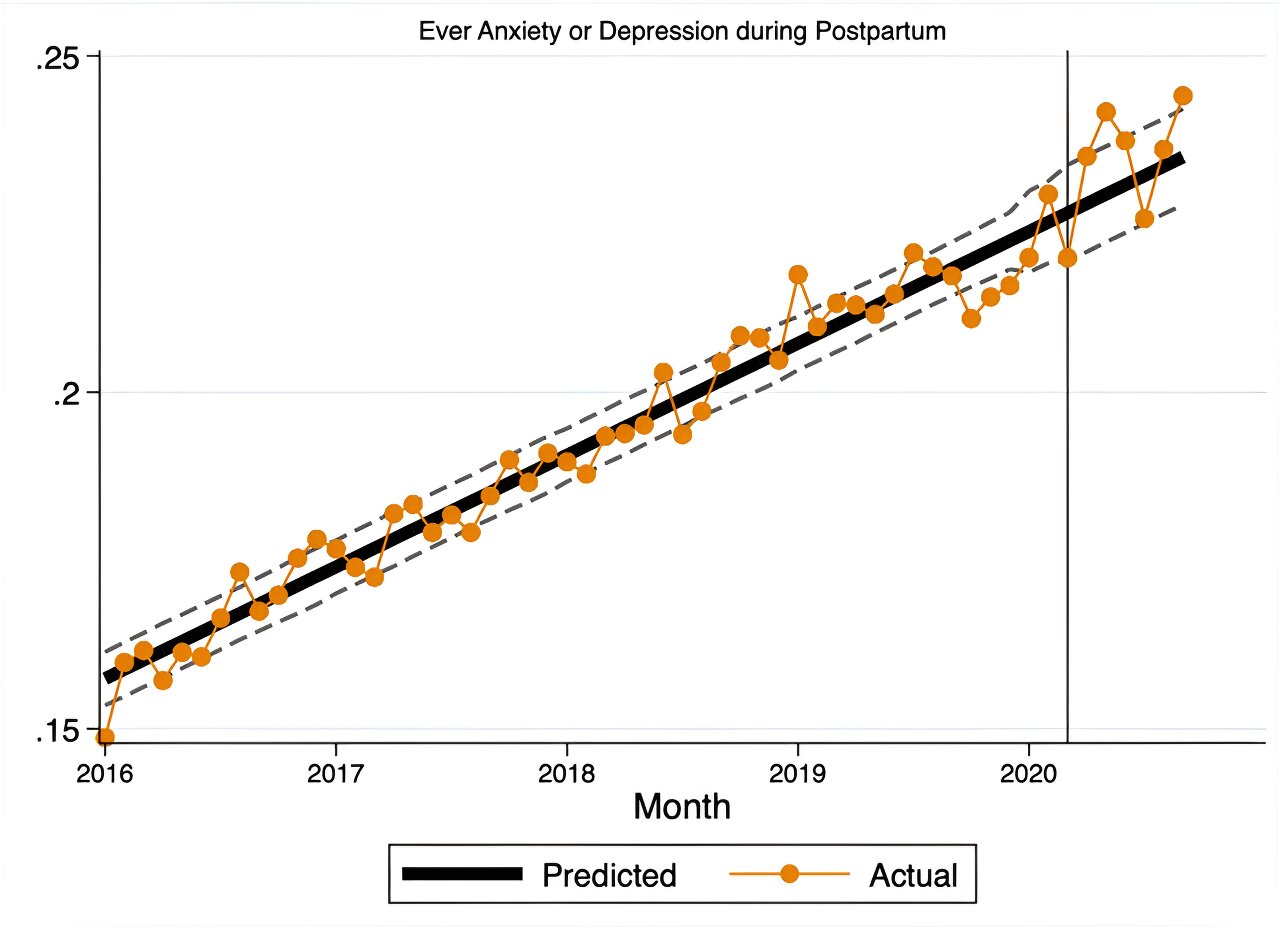Decline in memory and other thinking abilities is the most well-known result of Alzheimer’s disease (AD). However, many individuals with this condition also experience mental health symptoms such as agitation, depression, apathy, and trouble with sleep.
A new study from researchers at Boston University Chobanian & Avedisian School of Medicine has found that the pathology behind AD may be a direct reason for emotional and behavioral symptoms. Additionally, they discovered when individuals with AD experience decline in memory and thinking abilities, their mental health tends to be worse.
“Mental health symptoms in persons with AD are a serious concern, as they can have a significant impact on the patient and their families quality of life. Importantly, these symptoms might emerge before thinking and memory problems begin and we need to better understand what causes these earlier symptoms so that we can better manage them,” said corresponding author Michael Alosco, PhD, associate professor of neurology.
The researchers investigated participants from the National Alzheimer’s Coordinating Center, a large national database that is publicly available to facilitate research on AD and similar types of dementias. These persons had samples of cerebrospinal fluid (CSF) analyzed for markers of AD, as well as memory testing, evaluation of dementia severity, and a rating of their mental health symptoms by their caregiver or family member. Statistical analysis was then performed on this data.
The researchers found that greater levels of proteins associated with AD, as indicated by CSF markers, predicted various mental health symptoms, which was only partially explained by cognitive symptoms. That is, the mental health symptoms were not fully explained by response to memory difficulties but may be a direct result of underlying brain changes related to AD. Furthermore, greater mental health symptoms and memory difficulties resulted in greater difficulties with daily function. However, some of these connections were only true when individuals with dementia were included. “This suggests that when individuals are in earlier stages of AD, mental health symptoms may come from a variety of life factors, but when the disease progresses, AD itself is more likely to be the cause,” explained first author Brandon Frank, PhD, assistant professor of neurology at the school.
According to the researchers, persons diagnosed with AD may still suffer from mental health problems due to other causes. “As a result, a holistic approach to treatment is important. Treatments such as cognitive rehabilitation may help loved ones work around their memory difficulties but may also help them feel better,” added Frank.
These findings appear online in the Journal of Alzheimer’s Disease.



